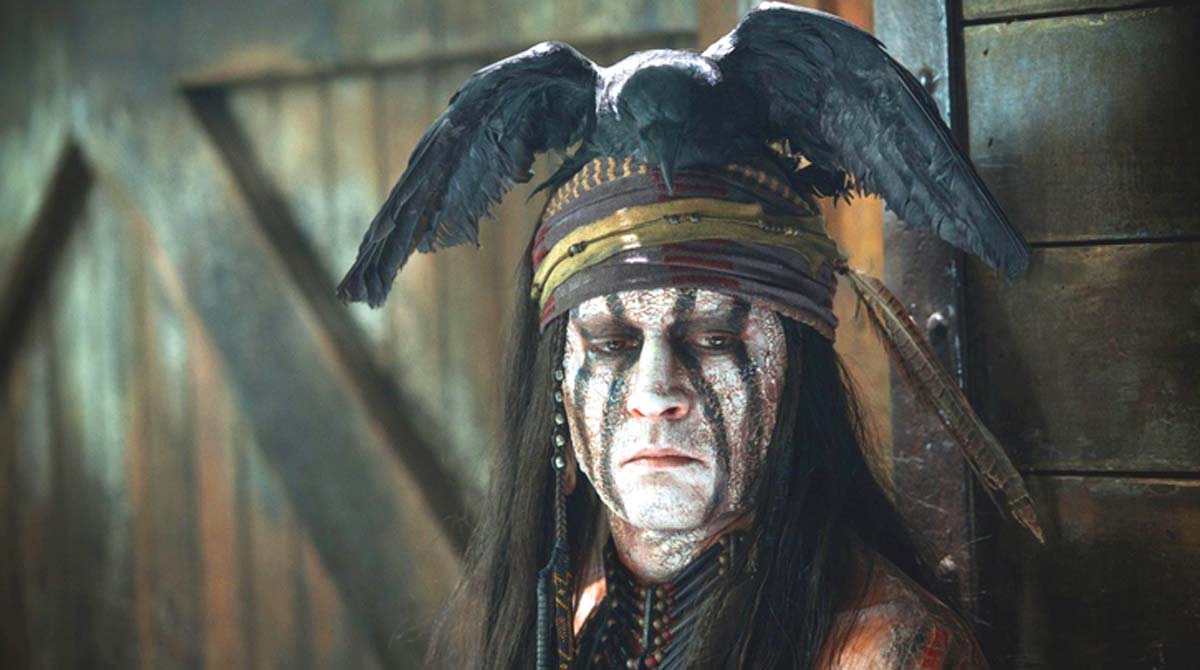
Johnny Depp stepped onto the big screen in 1984’s “Nightmare on Elm Street” and ever since then he’s been a staple on the small and the big screen starring in huge franchises, such as “Pirates of the Caribbean” and “Alice in Wonderland”, and smaller cult films such as “Cry-Baby” (1990) and “Benny & Joon” (1993).
However, for all the great Depp movies, there are just as many terrible ones. For every “Ed Wood” (1994) and “What’s Eating Gilbert Grape?” (1993) there’s a “Transcendence” (2014) or “The Tourist” (2010), and for every “Edward Scissorhands” (1990) there’s a “Dark Shadows” (2012). And of course, for every first three “Pirates of the Caribbean” films, there is a fourth (and maybe a fifth).
For many of these, Depp starred in ill-fated remakes or reprises of older movies and series that were going to be terrible anyway, but Depp does little to improve upon them.
Almost all of these movies were originally based on books, television shows, comics, and even other movies, but their cheesy and sloppy plots, coupled with their ill-fated casting of Depp in lead roles, led to their demise. Unfortunately, good Depp movies are getting fewer and farther between.
10. Charlie and the Chocolate Factory (2005)
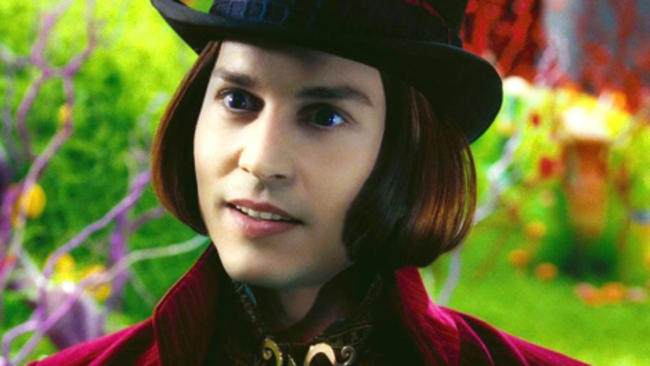
The new “Charlie and the Chocolate Factory” starred a young Freddie Highmore as Charlie Bucket and Depp as Willy Wonka. It had all the elements of the classic Wonka story: the entitled young contest winners, the humble and charming Charlie, the magnificent candy factory, and even the Oompa Loompa workers.
The only part that was missing was the actual Wonka character. Although this seemed like a positive remake, Depp’s character was just plain awful, stunting the movie in an irreversible way.
It’s hard to compete with the humor and prestige of Gene Wilder for this role and it seems as if Depp attempted to make his own character. Instead of the iconic and sweet Wonka, Depp’s character isn’t funny or kooky; he’s awkward and uncomfortable, stunting the whole film. Wilder even reportedly did not want to see the film and called it “an insult.”
Ann Hornaday of The Washington Post said of Depp’s acting: “Depp seems to be straining so hard for weirdness that the entire enterprise begins to feel like those excruciating occasions when your parents tried to be hip. Aside from Burton’s usual eye-popping direction, the film’s strenuous efforts at becoming a camp classic eventually begin to wear thin.”
9. Alice in Wonderland (2010)
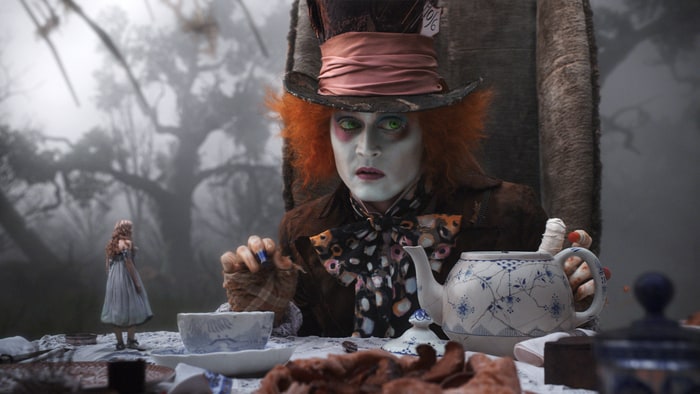
This remake of the classic “Alice in Wonderland” Disney movie, based on the Lewis Carroll book, was about Alice in her teenage years. Alice (played by Mia Wasikowska) is at her own engagement party when she spots the White Rabbit whom she remembers from her childhood. She tumbles down the rabbit hole and reunites with the Mad Hatter (played by Depp) and the Cheshire Cat (voiced by Stephen Fry). She sets off with a group of classic characters to defeat the Red Queen (Helena Bonham Carter).
Visually, it’s enjoyable; it takes nostalgic images and induces them with an acidic stoner-like psychedelic imagery. But that doesn’t stop the plot and dialogue from being messy and garbled, and not in a good “Lewis Carroll” sort of way.
The Mad Hatter, which in earlier versions is kind of a frantic but lovable character, ends up being a little scary here. Burton and Depp have discussed in interviews how they tried to humanize Depp’s character, including using two different accents to showcase different parts of his personality (the gentle English accent as the “nice” him and the rough Scottish accent as the “mean” him). They also decided to make him have orange hair to signal the mercury poisoning common of hatters in that period.
Depp said he believes the character “was poisoned … and it was coming out through his hair, through his fingernails and eyes.” All of this ended up being overkill. Both Depp and Burton made this character into more of a caricature than an actual character.
8. The Rum Diary (2011)
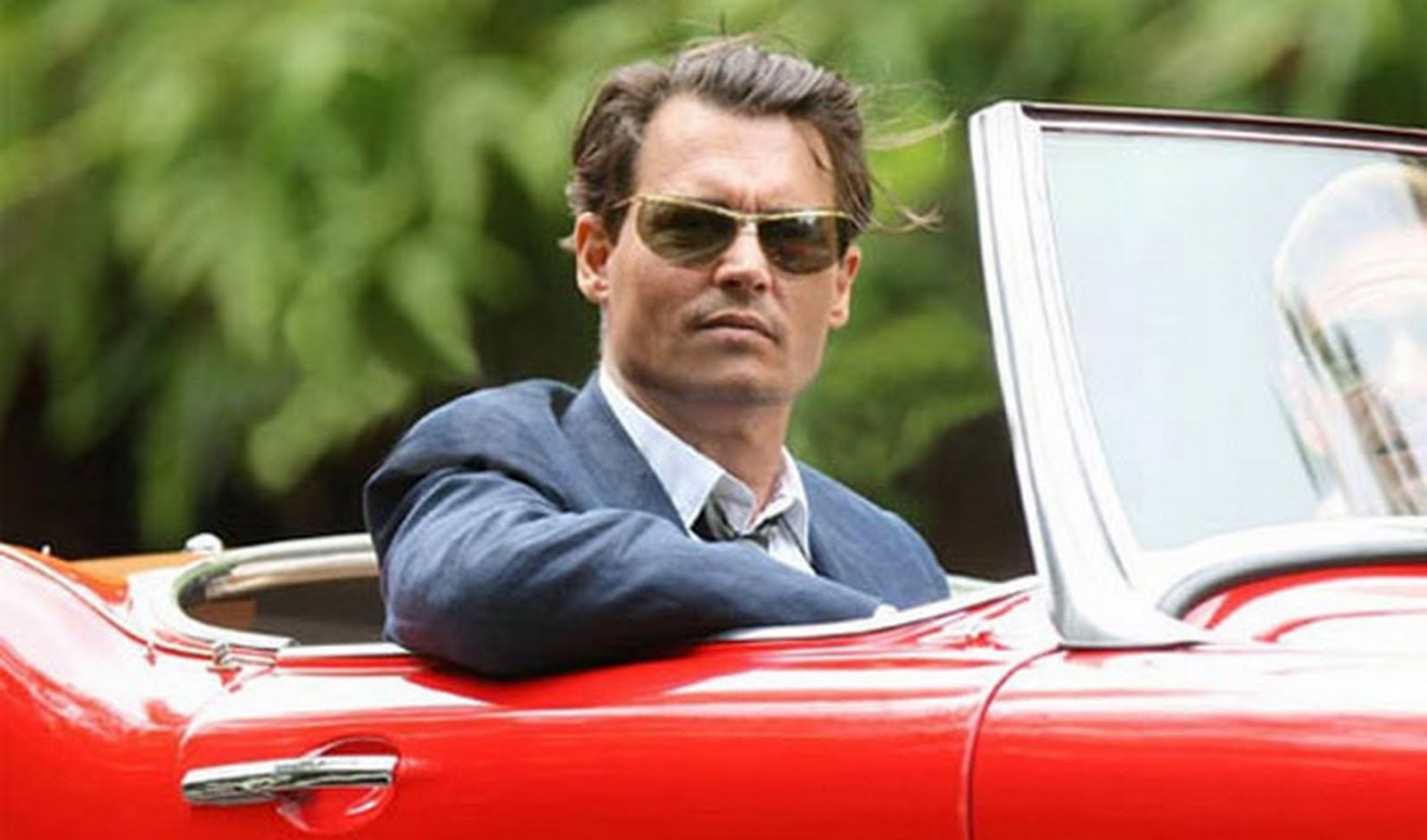
“The Rum Diary”, based on the Hunter S. Thompson novel written in the early 1960s and published in 1998, is about a disenchanted journalist named Paul Kemp (played by Depp) who takes a job in Puerto Rico.
There he meets Chenault (played by Amber Heard), the fiancée of realtor businessman Sanderson (Aaron Eckhart), who has plans to transform the island. Sanderson employs Kemp to write positive articles about his bad business deals, while Kemp struggles between his love for Chenault and whether to write the truth about her fiancé.
There are great parts of the film, including scenes where Kemp notices but is not able to report on poverty, which could have been a great commentary on journalism, but these scenes were overshadowed by both the ritzy style and messiness of the plot.
“Fear and Loathing in Las Vegas” (1998) was so good that filmmakers must have hoped that Depp could keep the Hunter S. Thompson spirit alive in “The Rum Diary”. However, the movie — and the book it’s based on — was not as popular or as good. Thompson wrote the book when he was young and it’s a little bit of a drug-induced mess. “The Rum Diary” wasn’t Thompson’s best work, as he was more of a journalist than a novelist.
Rotten Tomatoes said, “It’s colorful and amiable enough, and Depp’s heart is clearly in the right place, but ‘The Rum Diary’ fails to add sufficient focus to its rambling source material.” Like “The Ninth Gate”, this wasn’t necessarily Depp’s fault. The plot of the movie wasn’t strong enough to make it great, and Depp wasn’t a strong enough actor to save it.
7. The Ninth Gate (1999)
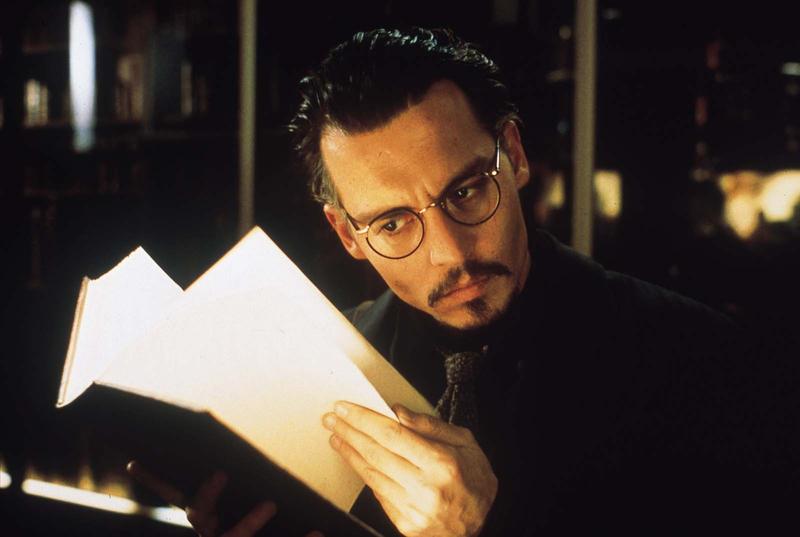
“The Ninth Gate” pairs director Roman Polanski and actor Depp, which may sound like an incredible combination, but unfortunately it wasn’t. Depp plays Dan Corso, a specialist and rare book dealer, who finds himself with a 17th century satanic text called “The Nine Gates”.
A collector named Boris Balkan (played by Frank Langella) acquires the book — apparently written by Satan himself — and asks Dean to find the other two existing copies of the book and check their authenticity. This leads Dean to travel all over Europe, avoiding the death and destruction that plagued the previous owners, as well as people determined to regain the book.
Interestingly, “The Ninth Gate” is based loosely on the book “The Club Dumas”, which is about a book dealer named Lucas Corso who is hired to investigate a manuscript by prolific French writer Alexandre Dumas. He is seeking two copies of “De Umbrarum Regni Novem Portis” (“Of the Nine Doors of the Kingdom of Shadows”) and through his adventures, he meet bibliophiles and devil worshippers alike. However, none of this intrigue — other than the setup — was incorporated into the movie.
The movie misses out on the Alexandre Dumas plot line and skips straight to the devil. Depp isn’t necessarily bad in this movie, but the role just isn’t for him. At the time, he’s really only played charming heroes or lovable weirdos and this character was just too haughty and odious.
6. Dark Shadows (2012)
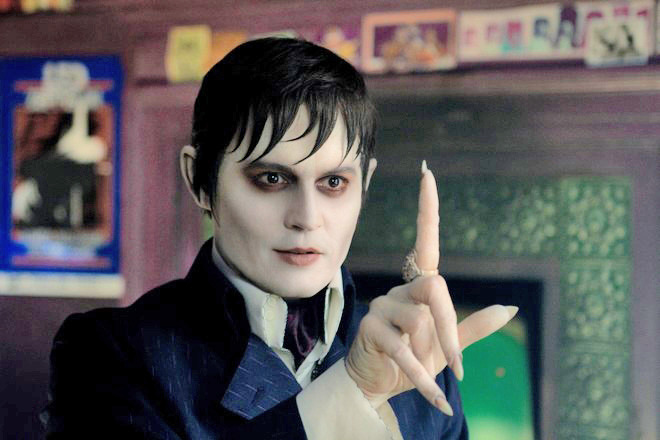
Another remake on this list, “Dark Shadows” was more genuinely bad than it was disappointing, but it’s also just one in a long string of progressively worse Johnny Depp/Tim Burton collaborations.
This remake stars Depp as the playboy Barnabas Collins. In the 18th century, he rules over the town of Collinsport, Maine living a luxurious lifestyle, until he breaks the heart of the witch Angelique (played by Eva Green). In a fit of rage, she turns Barnabas into a vampire and buries him under his house.
When he wakes up in 1972, his estate and his family are in ruin. It had an incredible plot set up with all the melodrama of the original, but it missed the mark. Much of the humor in this film is the 18th century Barnabas discovering 1970s technology, but that kind of thing is really only funny once.
Part of the film’s issues were from its use of the “Dark Shadows” name and brand while it didn’t use much from the original TV series, which was broadcast between 1966 and 1971. The show was melodramatic but completely charming, and it was distinguished by memorable characters and dramatic storylines.
The show was vivid and historically important, while the movie was just plain bad. Depp’s role as Barnabas Collins turned the character from a creature of the night with a tortured past to a bumbling and selfish vampire.
“Dark Shadows” is part of the end of a decrescendo of bad Depp/Burton films. This relationship started with incredible movies like “Edward Scissorhands” (1990) and “Ed Wood” (1994), but ended with films like this one and the “Alice in Wonderland” films (2010 and 2016).